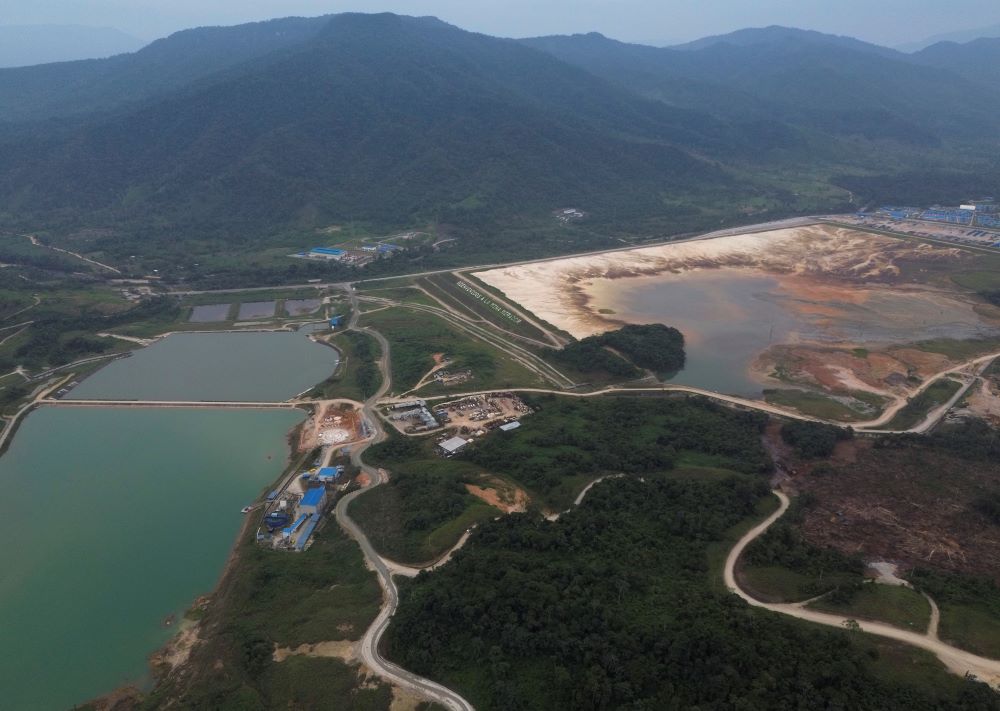The aim is for minerals used in the clean energy transition to be mined and commercialised responsibly, respecting the environment and communities
Colombia and Brazil have launched a push for a new binding global treaty on traceability for the critical minerals needed for the clean energy transition along their entire supply chain – from mining to recycling.
The two countries announced the initiative on the sidelines of the COP16 UN biodiversity summit in the Colombian city of Cali this week. Their plan is to come up with a proposal for the pact by the COP30 UN climate conference to be held in Belém, Brazil, in November 2025.
The initiative picks up on one of the recommendations issued by a UN panel on critical minerals in September, which urged countries to create such a transparency platform to help ensure fair and sustainable extraction of minerals for clean energy supply chains. The UN panel suggested the platform could be piloted in “two or three” mineral-producing countries.
Critical minerals – among them lithium, nickel and rare earth elements – are essential for manufacturing renewable energy technologies including solar panels, electric vehicles and batteries.
Q&A: What you need to know about clean energy and critical minerals supply chains
All countries agreed at the COP28 UN climate change summit last year to triple the world’s renewable energy capacity by 2030 – a goal that is set to triple demand for minerals by the same date.
In the race to boost production, uncontrolled expansion of mining activities could cause serious harm to nature and nearby communities, experts have warned. A 2022 study, which reviewed more than 5,000 critical mineral mining projects, found that over half were located on or near Indigenous lands.
“We’re taking a step forward so that minerals used in the energy transition are extracted and commercialised with responsible criteria and in harmony with the environment and local communities,” Colombia’s vice-minister of environment, Mauricio Cabrera, said in a statement issued in Cali.
Industry scrutiny needed
At the launch event for the transparency initiative, Norwegian diplomat Lars Vaagen said developed countries did not yet have a common p
Read More

